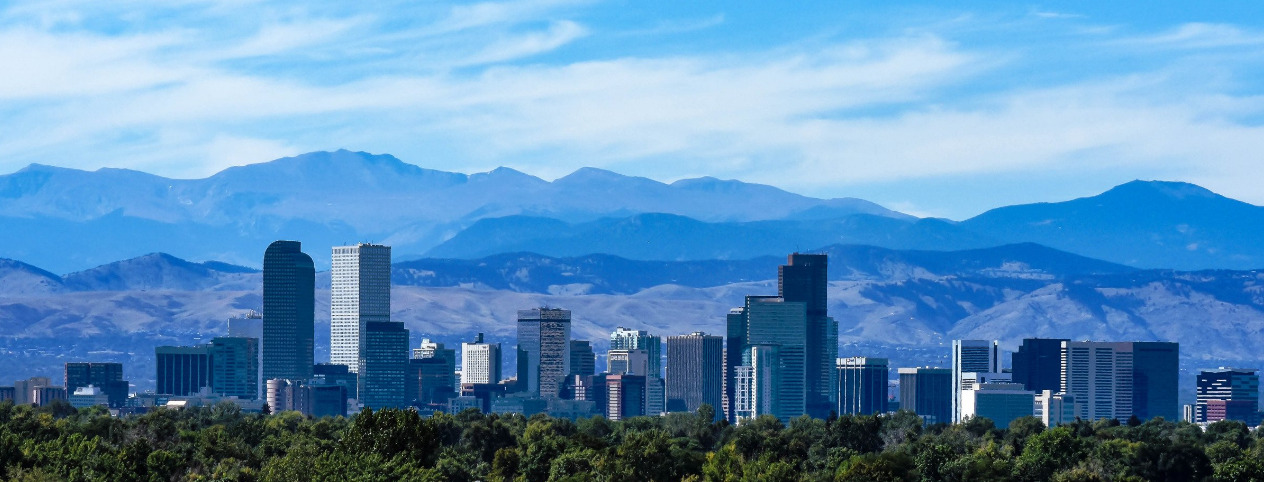The past couple years have been good ones for mushroom spores and mushrooms advocates in the Denver, CO Region.
We’ve seen pro-mushroom initiatives approved in Washington, D.C. and in Oregon, excitement in the medicinal mushrooms community about the now-undeniable efficacy of the spore syringe mushrooms used in mushrooms therapy, and leaders in even more mushroom legal states considering is it legal to grow mushrooms?
With progressive policies such as Florida, Connecticut, and Hawaii at least with an open-mindedness with regard to the potential benefits of mushrooms, and in some cases even pushing for decriminalization and regulated therapeutic use.
Then there’s the seemingly never-ending growth of the budding mushroom industry, with investors, entrepreneurs, and alternative therapy companies clamoring for a piece of the pie. Companies like Mind Medicine, COMPASS Pathways, and Mydecine Innovations Group have experienced massive growth in just the past twelve months. The explosion of the special sector is a certain catalyst for further changes to the legal framework surrounding mushrooms.
➢ Are special mushrooms in Colorado legal?

It’s very important to understand the difference between the terms decriminalization and legalization. While often used interchangeably in daily conversation, they aren’t the same. Decriminalized substances, such as mushrooms in cities like Denver, aren’t “legal”—they’re still illegal, but they just aren’t a priority for law enforcement.
In some municipalities, decriminalization efforts may include a reduction in penalties or allow for small, “personal” amounts of the substance to be possessed. These regulations and penalties vary from one municipality to another, so be sure to check your local laws.
Initiative 301 and the Policy Mushroom Review Panel
Despite opposition from the city mayor (and the campaigning mayoral opponent), Denver became the first city in the United States to decriminalize mushrooms, kicking off a small domino effect wherein other municipalities like Oakland, CA and Santa Cruz, California. At the time of this writing there are nearly 100 cities considering mushroom decriminalization in the United States that seriously are working on decriminalization laws regarding cubensis mushrooms use and therapies.
Part of Initiative 301 regarding decriminalization in Denver was the establishment of a panel dedicated to studying the effects of decriminalization. The mushroom policy review panel members included Kevin Matthews, the organizer of Decriminalize Denver a representative from the city of Denver’s Department of Safety, members of law enforcement, mental health practitioners, and others.
The Denver panel’s responsibility is to provide written reports to the Denver Police, Sheriff, and Attorney’s offices concerning mushroom arrests and prosecutions with a focus on Initiative 301’s effect on public safety. The Denver, CO mushroom review panel is now moving forward with what some have described as seeking additional progressive policy changes to further decriminalize mushroom use.
The Panel Plans to Recommend Additional Progressive Policy Changes to the Denver City Council

During a meeting in March of this year, the Mushroom Policy Review Panel discussed plans to recommend more progressive policies concerning mushrooms. In other words, further decriminalization.
Part of the policy changes would involve the formal decriminalization of sharing small, personal amounts of mushrooms with friends or family in a spores legality framework, as long as no transfer of payment is being made for mushroom spores. This spore policy seems a likely change as the Denver District Attorney had this to say at the meeting last March:
I personally don’t have a problem with [people sharing mushrooms] as long as there’s not money being exchanged. I don’t think that we would be prosecuting people who, for example, are giving some to their friend or relative. I think the selling it is clearly where our focus is.
Denver D.A. Beth McCann
The panel, with support from a captain at the Denver Sheriff’s Department, also plans to push the city council to establish a group dedicated to studying how mushrooms could be beneficial in therapeutic or medical settings along with considering decriminalization of specials. This shouldn’t be a terribly difficult job, as the preponderance of evidence concerning the therapeutic efficacy of mushrooms is only continue to stack up—a topic we’ve explored in great depth here on The Philosophy in more than a handful of posts:
- Can Mushrooms Treat Depression, Obesity – Mushrooms for Tinnitus?
- for Neuroplasticity Explained: Can Mushrooms Rewire the Brain?
- Oncologist Bears All in Vulnerable Tell-All Paper “What Mushrooms Taught Me About Dying”

The panel is perhaps emboldened to make these suggestions thanks to its findings since Initiative 301 was passed: few mushroom-related arrests have been made, the most noteworthy of which being the DEA bust of 27-year-old mushroom “dealer” Kole Milner, who was sentenced to three years of probation and a $5,500 fine after being caught growing and selling mushrooms. Most other arrests where mushrooms were present involved other crimes or the possession of other drugs.
Instead of the city-wide “Burning Man Festival” opponents of Initiative 301 feared, the Policy Mushroom Review Panel has instead found that the majority of Denver citizens are not using mushrooms for recreational purposes, but rather for personal exploration, self-therapy, or spiritual growth.
With regard to public safety after the advent of Initiative 301, investigations division chief of the Denver Police Department had this to say (perhaps to the surprise of no one), “I could state that since [Initiative 301 has] been enacted, there has not been anything that has really stood out to us in any specific incident that would indicate that the changing of this law, you know, caused any significant issues to the community to this point.”
